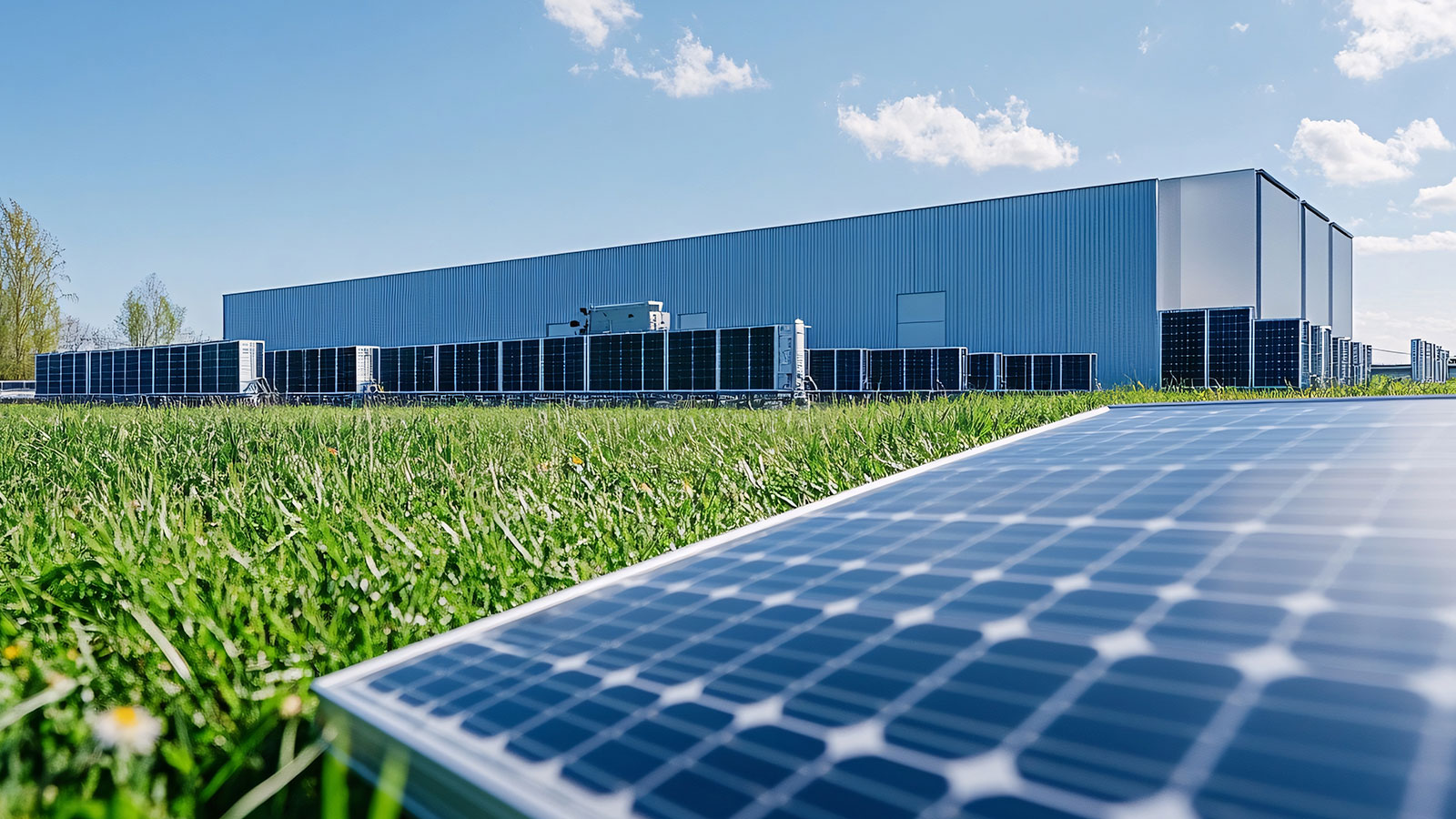A new survey of over 3,000 data centre professionals from across Europe has highlighted growing concerns around the UK’s ability to meet the rising power demands of data centres.
Calls for urgent reforms to planning processes and electricity infrastructure are intensifying, as industry leaders warn that restricted grid capacity and sustainability challenges could undermine the country’s technological aims.
The report, commissioned by BCS, notes that data centres play a significant role in driving economic growth, as well as enabling digital technologies like AI, big data, and cloud computing. While the UK Government’s move to classify data centres as Critical National Infrastructure (CNI) has been welcomed by the industry, the survey reveals that power supply constraints remain the biggest obstacle to future development.
“It is clear from the response to our survey that the planning process needs reform as the sector believes it has been hindered by an overly complex planning system that has lacked clarity,” noted James Hart, CEO at BCS.
“However, alongside planning issues, sustainable power in the UK is the major challenge. Without addressing this too, the current deployment conundrum facing our industry will continue.”
Power continues to be a critical bottleneck
Data centres already account for an estimated 1–2% of the UK’s total electricity consumption, according to the report, and that share is anticipated to climb as cloud computing, AI, and the Internet of Things gain momentum. Over 90% of survey participants ranked power availability among their top two priorities when deciding on data centre expansion plans, while 87% stated that limited grid capacity and a shortage of high-density facilities are slowing AI adoption.
Despite a sector-wide drive towards net-zero operations, the growing prevalence of power-intensive technologies complicates the shift to renewable energy. Uncertain supply from wind and solar sources can create grid-balancing issues, and many facilities still rely on diesel generators as backup.
Hart believes that the Government must do more to bolster the grid and incentivise on-site clean energy, he noted, “The UK government and energy regulators must play a proactive role in addressing these power challenges. Investments in upgrading the national grid are essential to ensure it can handle rising demand while supporting the broader transition to renewable energy. Policies that incentivise decentralised energy generation – such as on-site solar panels or local wind farms – could also help alleviate pressure on the grid.”
Promises of planning reform have been welcomed, but the wait continues
In September 2024, the government officially recognised data centres as CNI, offering extra oversight and proposing a reclassification of major data centre builds as Nationally Significant Infrastructure Projects (NSIPs). This could fast-track planning decisions at a national level, a change that 93% of those surveyed support. However, the industry is still waiting for these reforms to be finalised, and respondents say that altering planning rules alone will not solve the fundamental issue of insufficient power capacity.
“Alongside planning issues, we must focus on sourcing enough sustainable power if we want to avoid simply shifting bottlenecks further down the line,” Hart added.
AI is driving demand, forcing the industry to innovate
The survey indicates that much of the pressure on data centre power use comes from artificial intelligence applications, which require higher power densities and more intensive cooling. More than 85% of respondents reported growing demand linked to AI, with 87% expecting further acceleration in the coming year. Limited grid capacity in areas such as London’s M25 corridor has already prompted some operators to look elsewhere for suitable power availability – potentially spreading economic benefits while also posing risks to established data-centre hubs.
Despite the challenges, the data centre sector is introducing strategies to reduce power consumption and improve efficiency. The report notes advances in liquid cooling, modular data centres, and AI-based energy management.
Hart noted, “Innovation will be key to tackling power issues in the long term. At BCS, we are working closely with our clients on technologies that dramatically improve efficiency. We are actively supporting relationships with energy providers to pave the way for smarter, more resilient energy ecosystems.”
“The time to act is now”
The survey shows a sector that underpins vital everyday services, yet fears that failing to address grid constraints and approval delays could compromise the UK’s digital aspirations. As data centres continue to be the backbone for emerging technologies, stakeholders suggest that serious, joined-up action is needed to balance economic growth with environmental commitments.
“Ultimately, the UK faces a delicate balancing act,” concluded Hart.
“Data centres are critical to economic growth and technological advancement, but their power needs must be managed sustainably and equitably. Without decisive action, the UK risks falling behind in its digital ambitions—or compromising its environmental commitments. The time to act is now.”

